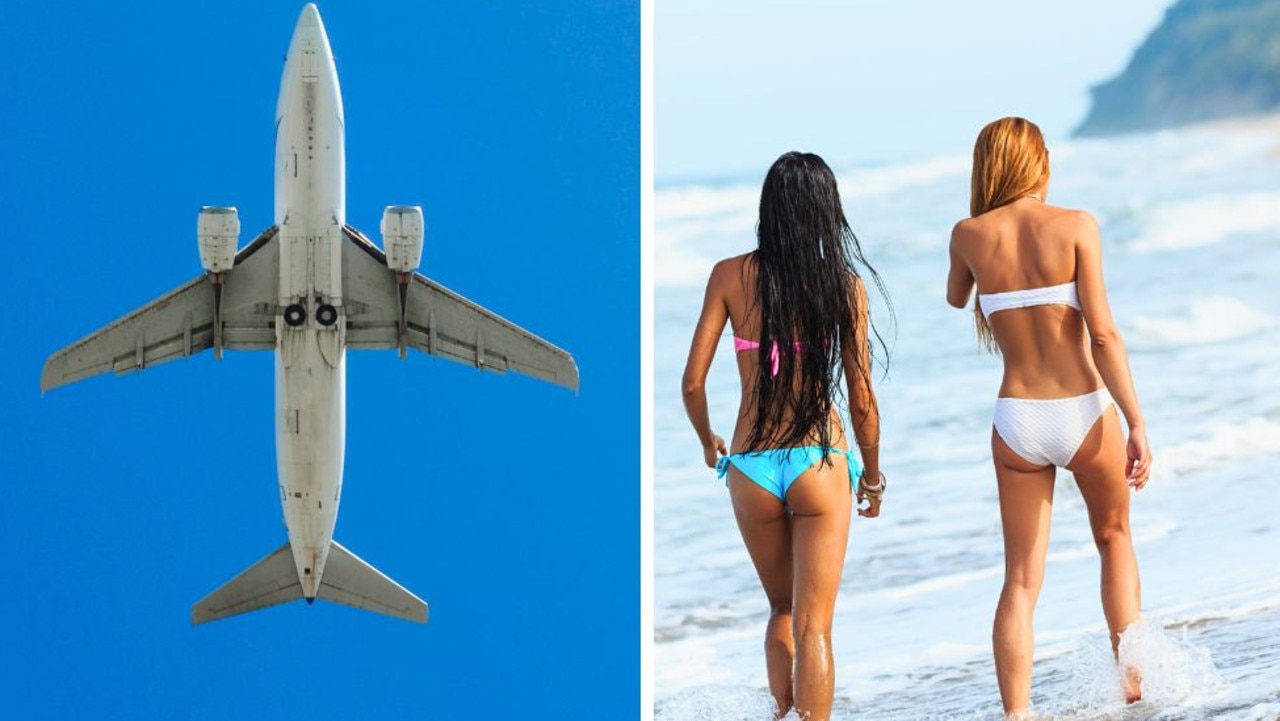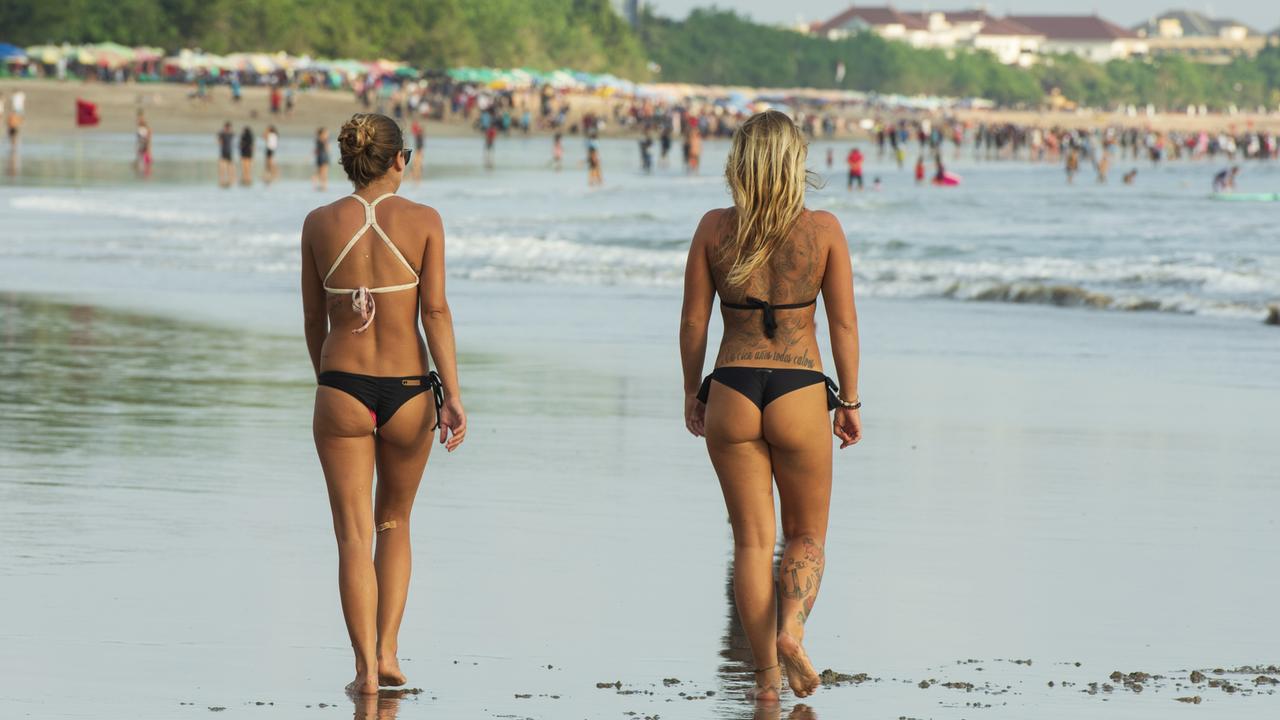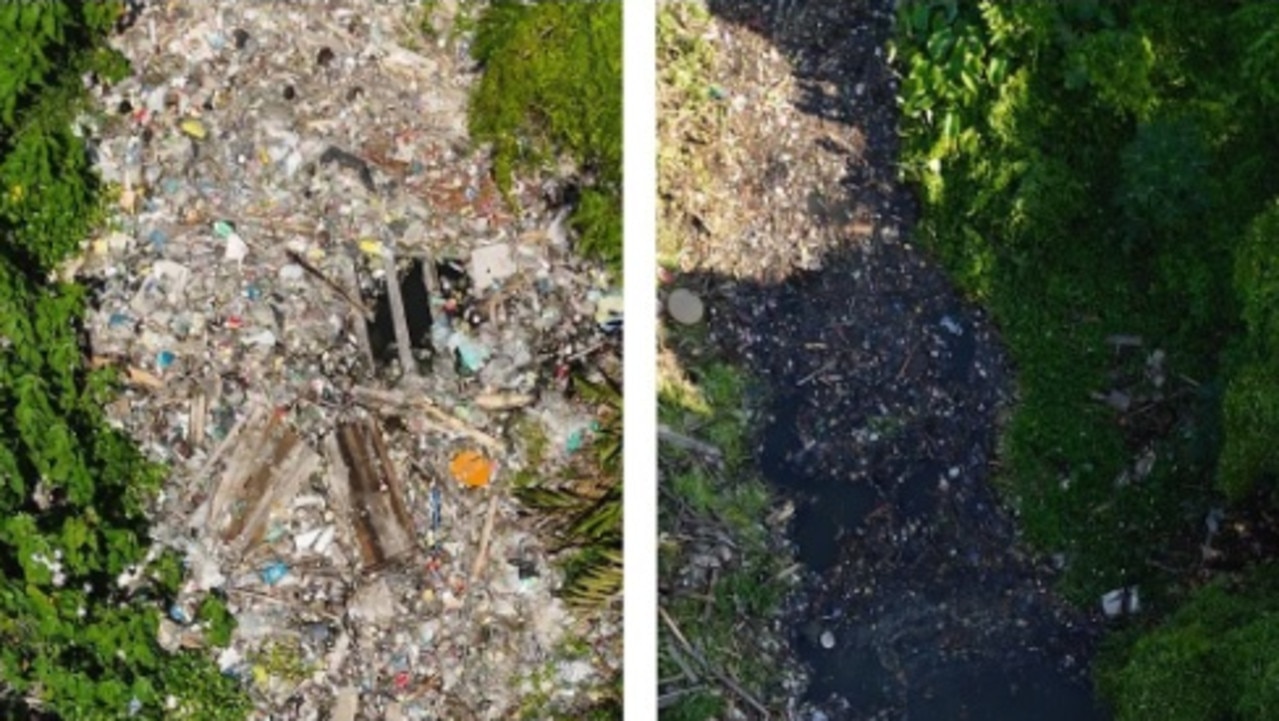Indonesia’s plea to Aussies amid tourism crackdown in Bali
Indonesia has a message for Australians as they try to better control tourism on the popular holiday island of Bali.
Indonesia is pleading with Australian tourists to not only respect local customs but explore more of the country beyond Bali.
The government has named five potential “tourist hot spots” it wants Aussies to consider visiting as a crackdown on tourism continues on the wildly popular holiday island.
“It’s time to promote more,” Deputy Tourism Minister Ni Made Ayu Marthini said in a speech in Melbourne on Sunday.
New measures introduced this year to control tourism in Bali, where Aussies are the top foreign visitors, have included an official tourist dos and don’ts list, a hotline for anyone to dob in misbehaving travellers, as well as a special task force to monitor foreigners’ activities. From February 14, international travellers will need to pay a IDR 150,000 tourist tax, which is about $15.


Ms Marthini told news.com.au her message to Australians was that they were welcome in Indonesia as they always had been, but to not take advantage of Indonesian hospitality.
“Tourists should always research any destination, in Indonesia or elsewhere, before travelling,” she said, adding their message was one of common sense.
“We ask that all guests respect the culture, local laws, customs, the nature and our people as responsible travellers.”
Referring specifically to two rules on the dos and don’ts list, Mrs Marthini said tourists should not be wearing bikinis to temples or riding motorbikes without helmets and ignoring other road rules.
“If you ride a motorbike, just as in Australia, you should have a helmet and a license for your safety as well as that of other motorists,” she said.
“If you go to a temple, just as you would if you go to a church or a mosque, dress respectfully.
“We ask that tourists respect local laws. Indonesians are very accommodating, warm and friendly, we ask that you respect them, not take advantage of Indonesian hospitality.”
While some tourists in Bali have made global headlines for their inappropriate behaviour and the Indonesian government had to add a warning that climbing sacred trees or desecrating sacred places was strictly forbidden to the dos and don’ts list, Mrs Marthini said it wasn’t always the tourists’ fault.
She said perhaps they had not done their job previously to inform tourists of their expectations.
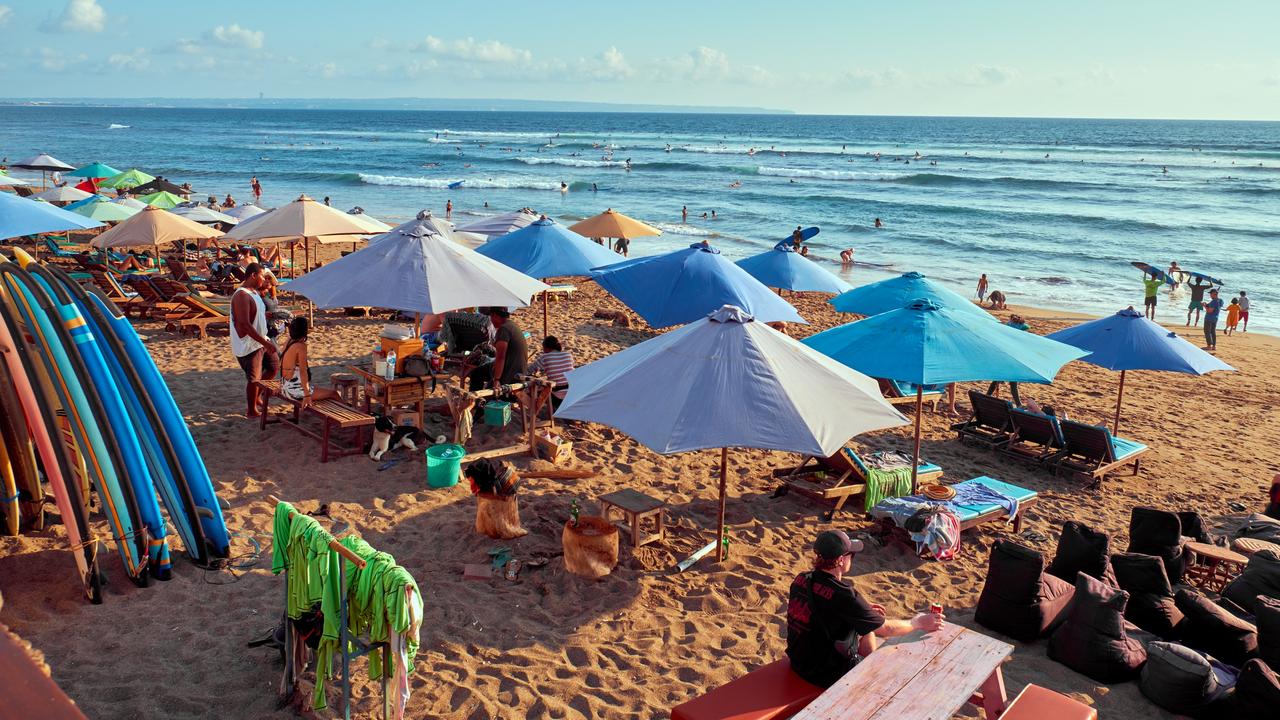
Indonesia’s new tourist hot spots
Lombok, Labuan Bajo, Borodudur, Lake Toba and Likupang have been selected as five destinations the Indonesian government want to drive international tourists to, instead of crowding Bali.
“We want Australians to see beyond Bali and create interest around the rest of Indonesia, showcasing the best of the country to Australian tourists that wouldn’t have previously known about,” Mrs Marthini told news.com.au.
“We believe tourism creates jobs and with 17,000 islands in Indonesia, we want to spread the opportunity around our beautiful country.”
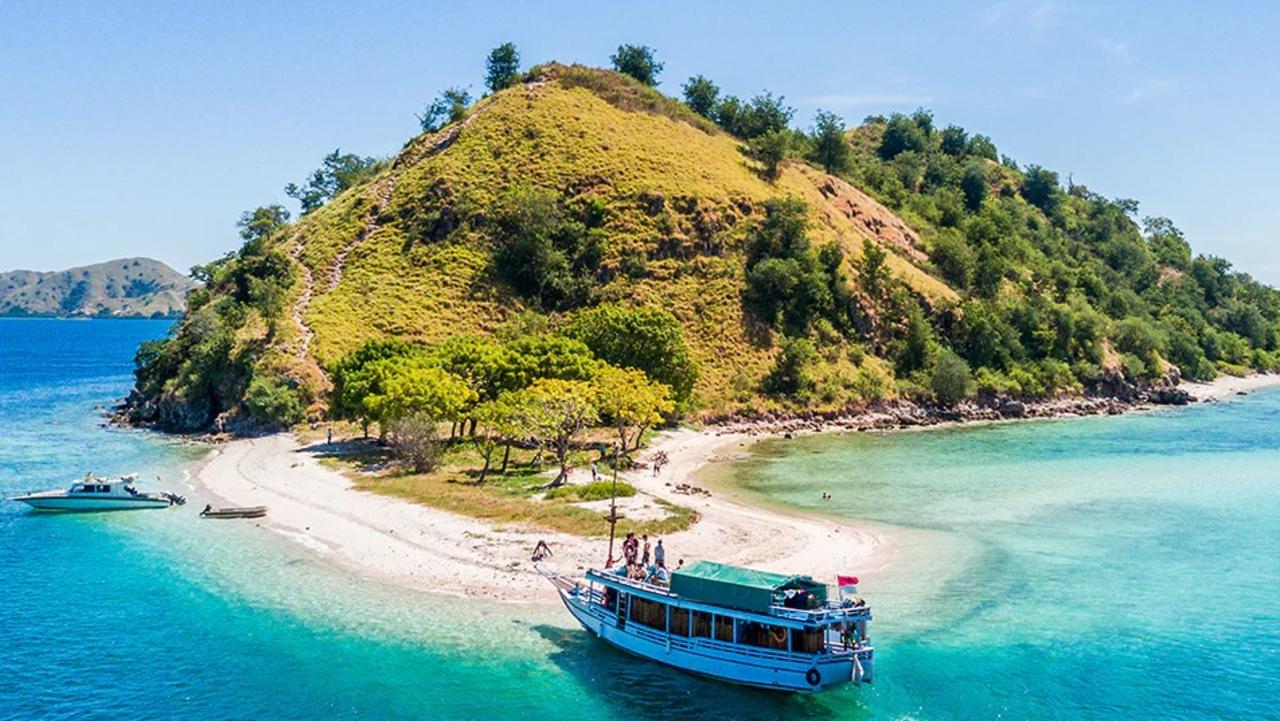
The coastal town of Labuan Bajo on Indonesia’s Flores Island is the “next big thing after Bali”, according to Mrs Marthini.
It is the gateway to the Komodo Islands, home of the Komodo dragons. You can also find Pink Beach there.
“Over the last five years we have built up the infrastructure providing hotels, airports and facilities across the islands,” Mrs Marthini said.
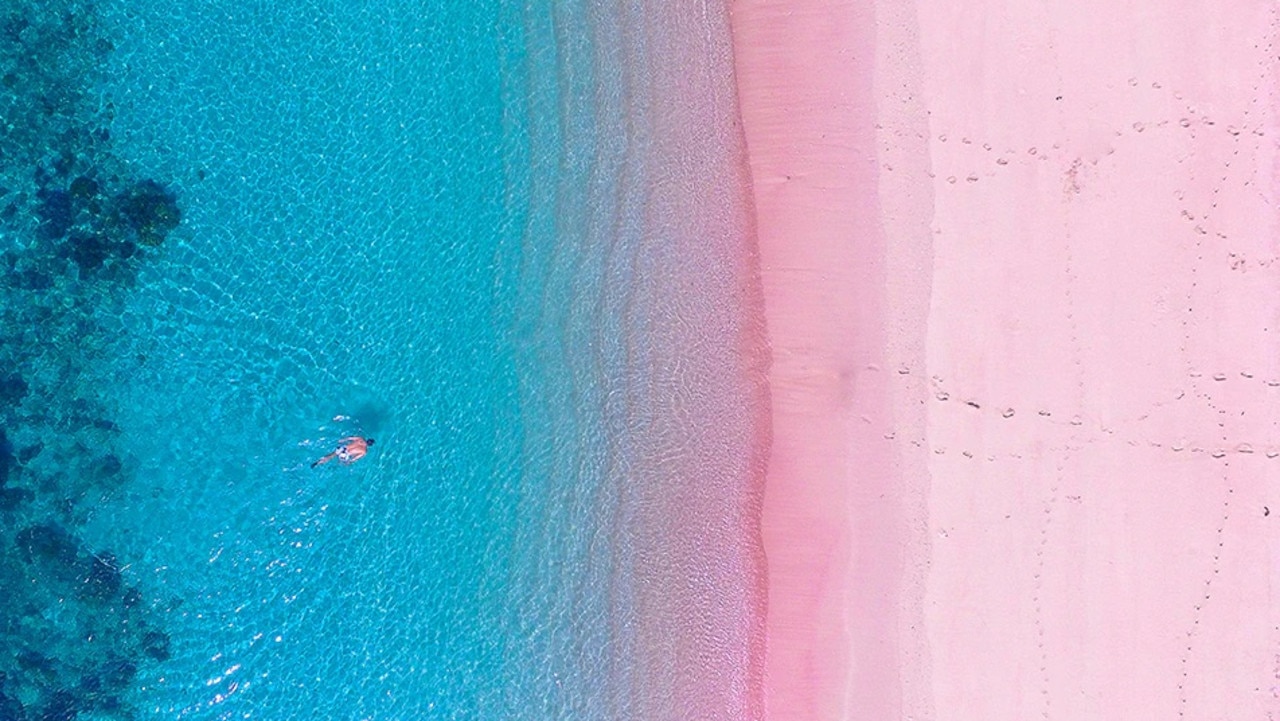
Lombok, an island east of Bali, is likely the emerging tourist hot spot Australians are most familiar with.
Home to a MotoGP circuit, the government sees sport tourism on the island as an “incredible opportunity” for Indonesia.
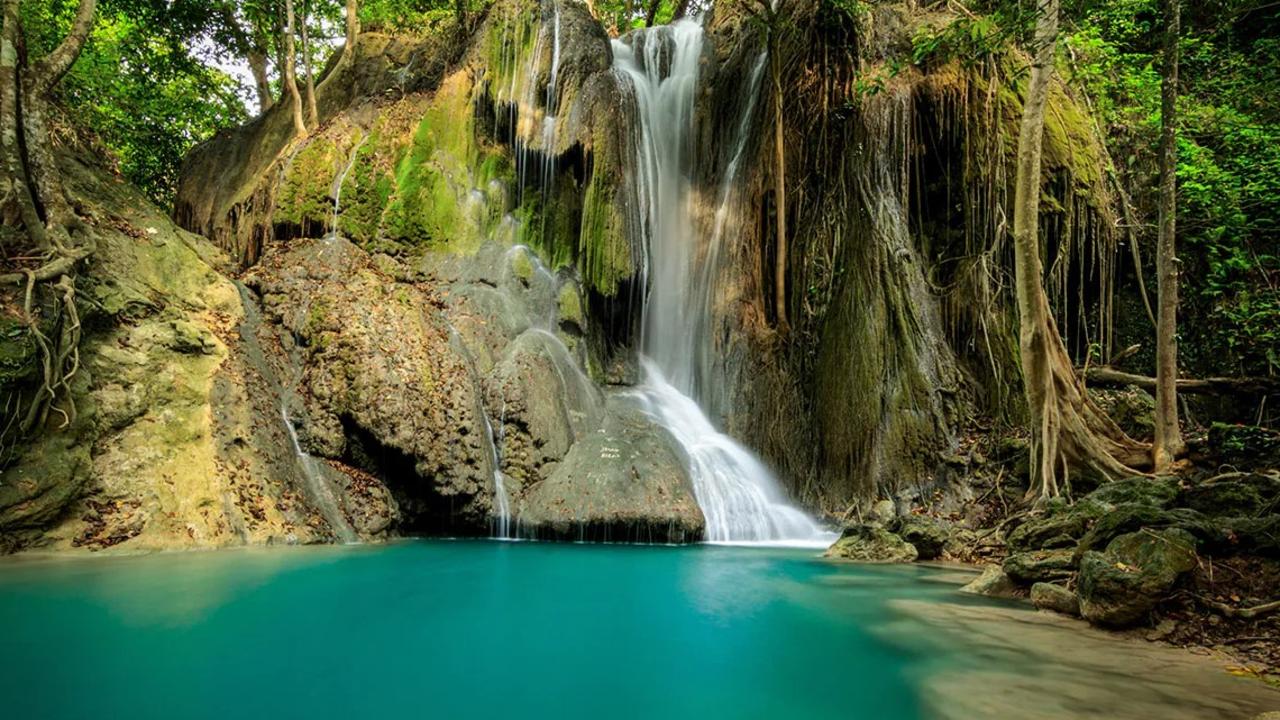
Borobudur in central Java is the largest Buddhist temple in the world, while Lake Toba in North Sumatra is the largest volcanic lake in the world.
“This year we will host the F1 Powerboat championship on this lake for the first time ever,” Mrs Marthini said.
They want Likupang in North Sulawesi to be the hub for eco-tourism.
Mrs Marthini is also a big fan of the remote island of Sumba.
She said a lot of Australians are now going there and it’s popular with high-end tourists.




